10 books to foster a growth mindset
What’s a growth mindset and why is it important? What are some great book recommendations to learn more about this essential way of thinking? In this post, I’ll tell you what you need to know about growth mindsets and share 10 excellent books where you can dive deep and learn more.
What is a growth mindset?
“Becoming is better than being”
Carol Dweck
According to psychologist Carol Dweck, everyone can be placed on a continuum according to their mindsets about where ability and intelligence comes from. Fixed mindsets are at one end of the spectrum, and growth mindsets are at the other.
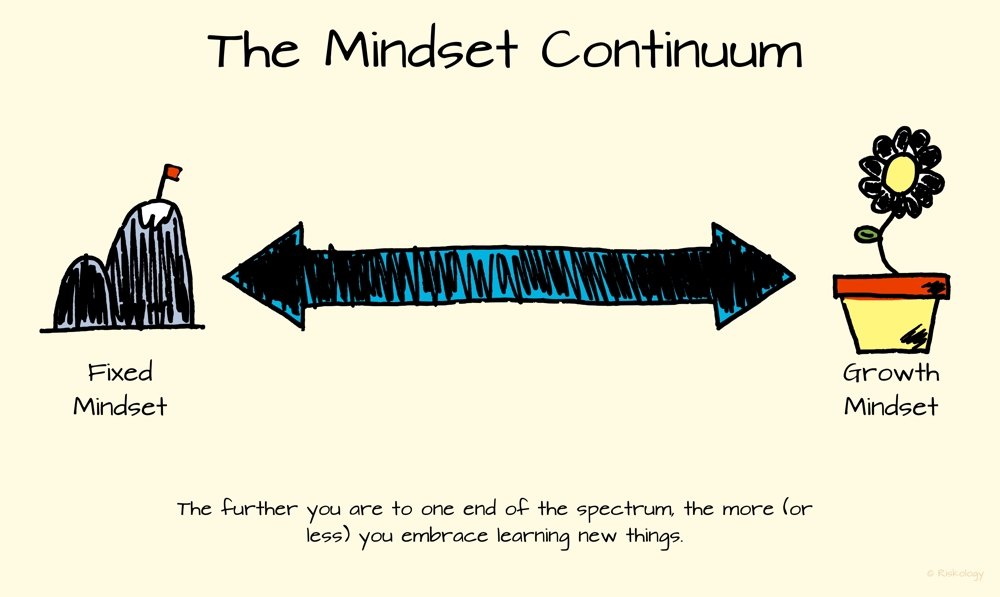
Our ability to learn and grow depends on our mindsets because it impacts how we perceive and respond to the challenges and setbacks that are inevitable in any endeavor. This has been supported by research.
Dweck recounts an experiment she ran with a group of young students. The children were given relatively easy math problems. Once they finished, half of the group was told “Well done! You’re so smart!” The other half was told “Well done! You tried really hard!“
Then they were given a second, more difficult set of problems. When confronted with these problems, the kids who had been told they were smart gave up sooner and scored much lower. The kids who were praised for working hard persevered longer and earned higher scores.
Interestingly, 40% of the students who were told they were smart lied about their scores when given the chance. The study concludes that by telling the kids in the first group that they were smart, they created a fear of failure. This deterred them from persevering and resulted in worse outcomes.
Growth Mindset vs. Fixed Mindset
Here is a breakdown of the characteristics of each mindset.
Growth Mindset: Belief that intelligence and new abilities can be developed through practice
- Problems are embraced. They offer an opportunity to learn.
- Failure is perceived as part of learning. It is positive insofar as it enables growth.
- Feedback is welcomed. It is processed objectively and seen as beneficial to progress.
- Motivates those around them, and celebrates their success.
Fixed Mindset: Belief that intelligence and abilities are fixed. You either “have it or you don’t.”
- Problems and conflict are avoided. They are risky because we may fail.
- Failure is to be avoided as much as possible.
- Feedback is avoided. When received it is perceived as an assessment and often taken personally.
- Feels threatened by the aspirations and successes of those around them.
Remember, these are two extremes. Very few people fully embody one mindset or the other. The vast majority of us fall somewhere on the spectrum between the two.
Wherever we are, the challenge is to move towards having a growth mindset.
A growth mindset is imperative for learning. It allows us to grow from our failures. And it enables us to persevere through and even welcome challenges. Cumulatively, these are the abilities we need to realize our highest aspirations.
10 books to foster a growth mindset
- Mindset: The New Psychology of Success
- Outliers: The Story of Success
- You are a Badass
- The ONE Thing
- How to Do the Work
- Learned Optimism: How to Change Your Mind and Your Life
- Grit: The Power of Passion and Perseverance
- Art & Fear
- Limitless Mind: Learn, Lead, and Live Without Barriers
- The Subtle Art of Not Giving a F*ck
#1: Mindset: The New Psychology of Success, by Carol Dweck
“Mindset change is not about picking up a few pointers here and there. It’s about seeing things in a new way. When people…change to a growth mindset, they change from a judge-and-be-judged framework to a learn-and-help-learn framework. Their commitment is to growth, and growth take plenty of time, effort, and mutual support.”
#2: Outliers: The Story of Success, by Malcolm Gladwell
“We are so caught in the myths of the best and the brightest and the self-made that we think outliers spring naturally from the earth. We look at the young Bill Gates and marvel that our world allowed that thirteen-year-old to become a fabulously successful entrepreneur. But that’s the wrong lesson. Our world only allowed one thirteen-year-old unlimited access to a time sharing terminal in 1968. If a million teenagers had been given the same opportunity, how many more Microsofts would we have today?”
#3: You are a Badass: How to Stop Doubting Your Greatness and Start Living an Awesome Life, by Jen Sincero
“Our thoughts become our words, our words become our beliefs, our beliefs become our actions, our actions become our habits, and our habits become our realities.”
#4: The ONE Thing: The Surprisingly Simple Truth About Extraordinary Results, by Gary Keller
“Passion for something leads to disproportionate time practicing or working at it. That time spent eventually translates to skill, and when skill improves, results improve. Better results generally lead to more enjoyment, and more passion and more time is invested. It can be a virtuous cycle all the way to extraordinary results.”
#5: How to Do the Work: Recognize Your Patterns, Heal from Your Past, and Create Your Self, by Nicole LePera
“Our genes are not destiny and that in order to change, we have to become consciously aware of our habits and thought patterns, which have been shaped by the people we care for most.”
#6: Learned Optimism: How to Change Your Mind and Your Life, by Martin Seligman
“Emotions and actions do not usually follow adversity directly. Rather they issue directly from your beliefs about adversity. This means that if you change your mental response to adversity, you can cope with setbacks much better.
The main tool for changing your interpretations of adversity is disputation. Practice disputing your automatic interpretations all the time from now on. Anytime you find yourself down or anxious or angry, ask what you are saying to yourself. Sometimes the beliefs will turn out to be accurate; when this is so, concentrate on the ways you can alter the situation and prevent adversity from becoming disaster. But usually your negative beliefs are distortions. Challenge them. Don’t let them run your emotional life. Unlike dieting, learned optimism is easy to maintain once you start.”
#7: Grit: The Power of Passion and Perseverance, by Angela Duckworth
“Staying on the treadmill is one thing, and I do think it’s related to staying true to our commitments even when we’re not comfortable. But getting back on the treadmill the next day, eager to try again, is in my view even more reflective of grit. Because when you don’t come back the next day—when you permanently turn your back on a commitment—your effort plummets to zero. As a consequence, your skills stop improving, and at the same time, you stop producing anything with whatever skills you have.”
#8: Art & Fear: Observations On the Perils (and Rewards) of Artmaking, by David Bayles and Ted Orland
“You make good work by (among other things) making lots of work that isn’t very good, and gradually weeding out the parts that aren’t good, the parts that aren’t yours. It’s called feedback, and it’s the most direct route to learning about your own vision. It’s also called doing your work. After all, someone has to do your work, and you’re the closest person around.”
#9: Limitless Mind: Learn, Lead, and Live Without Barriers, by Jo Boaler
“We are not born with fixed abilities, and those who achieve at the highest level do not do so because of their genetics. They myth that our brains are fixed and that we simply don’t have the aptitude for certain topics is not only scientifically inaccurate; it is omnipresent and negatively impacts education and many other events in our everyday lives.”
#10: The Subtle Art of Not Giving a F*ck: A Counterintuitive Approach to Living a Good Life, by Mark Manson
“There is a simple realization from which all personal improvement and growth emerges. This is the realization that we, individually, are responsible for everything in our lives, no matter the external circumstances. We don’t always control what happens to us. But we always control how we interpret what happens to us, as well as how we respond. Whether we consciously recognize it or not, we are always responsible for our experiences. It’s impossible not to be. Choosing to not consciously interpret events in our lives is still an interpretation of the events of our lives.”
Foster a growth mindset
Remember, your brain is malleable. It can be molded with dedicated practice and time. Pick out the book that resonates the most with you and start there. Be willing to let go of old beliefs. Keep an open mind. Grow and evolve into a better version of yourself.
Interested in more books to spark learning and growth? Check out these 6 books that will inspire you to think differently.
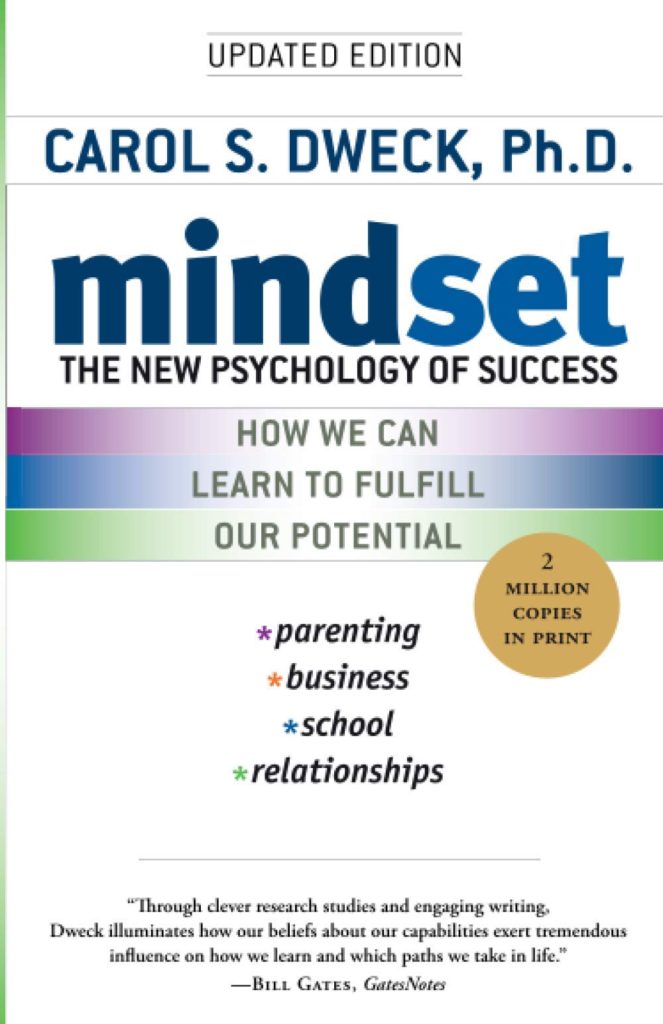
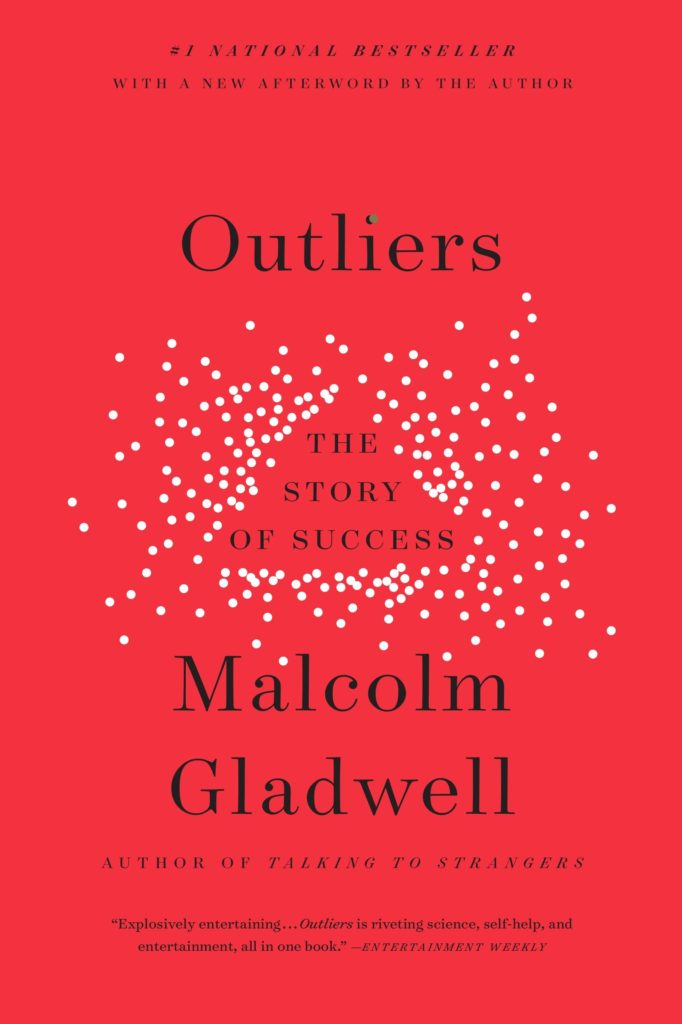

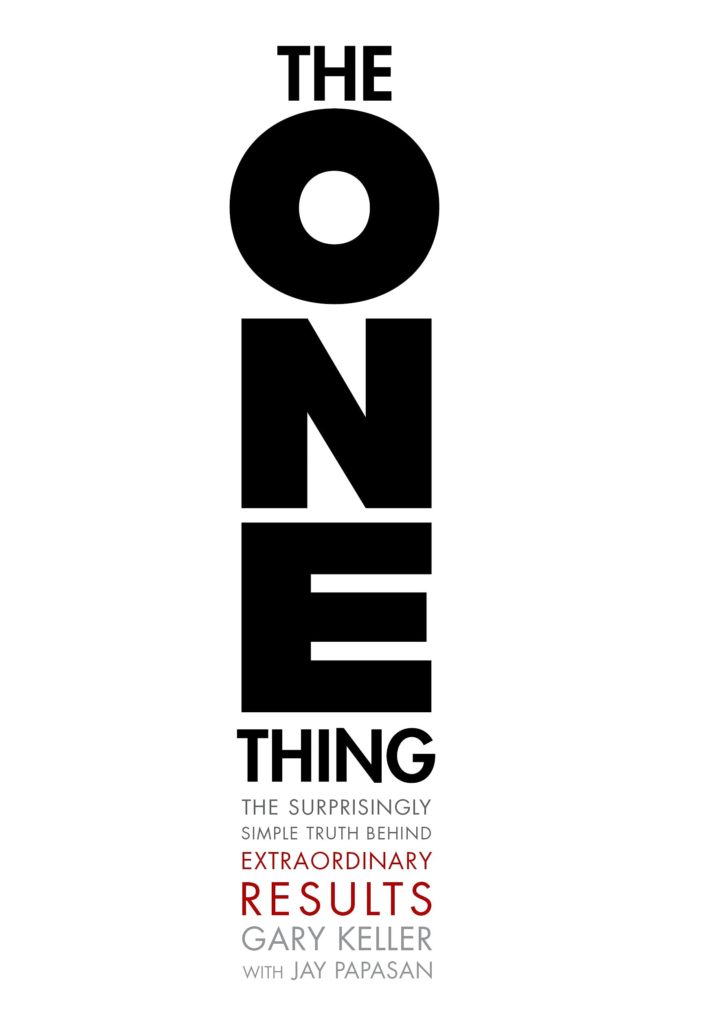
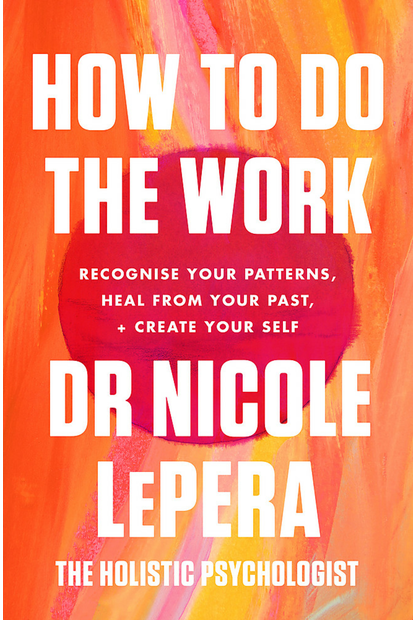
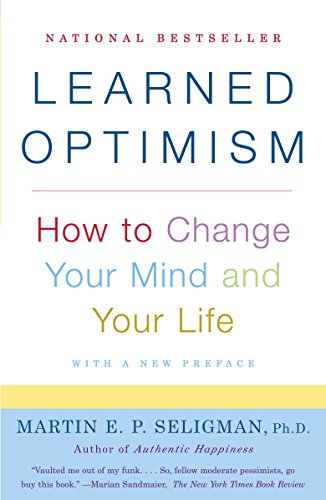
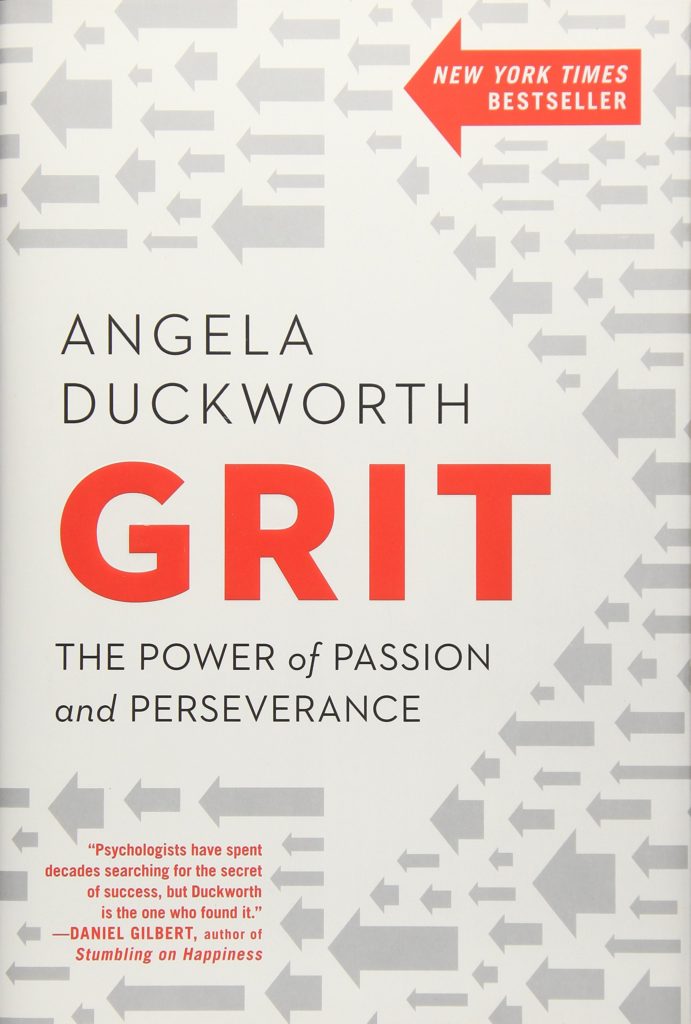
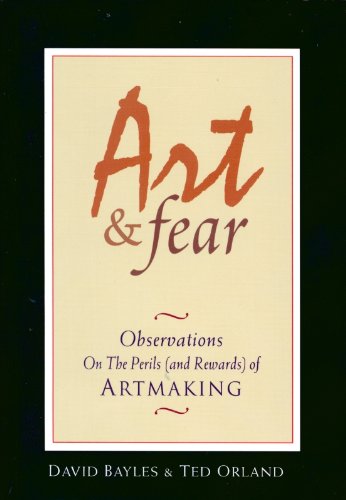
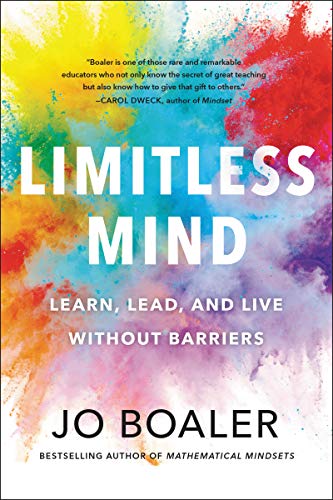
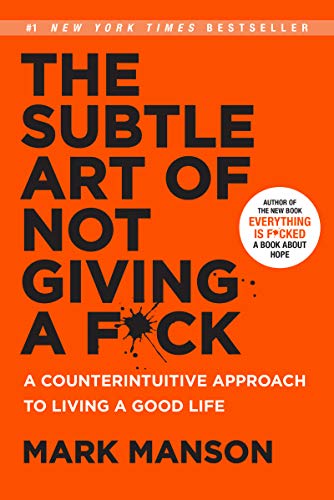


2 thoughts on “10 books to foster a growth mindset”
Comments are closed.